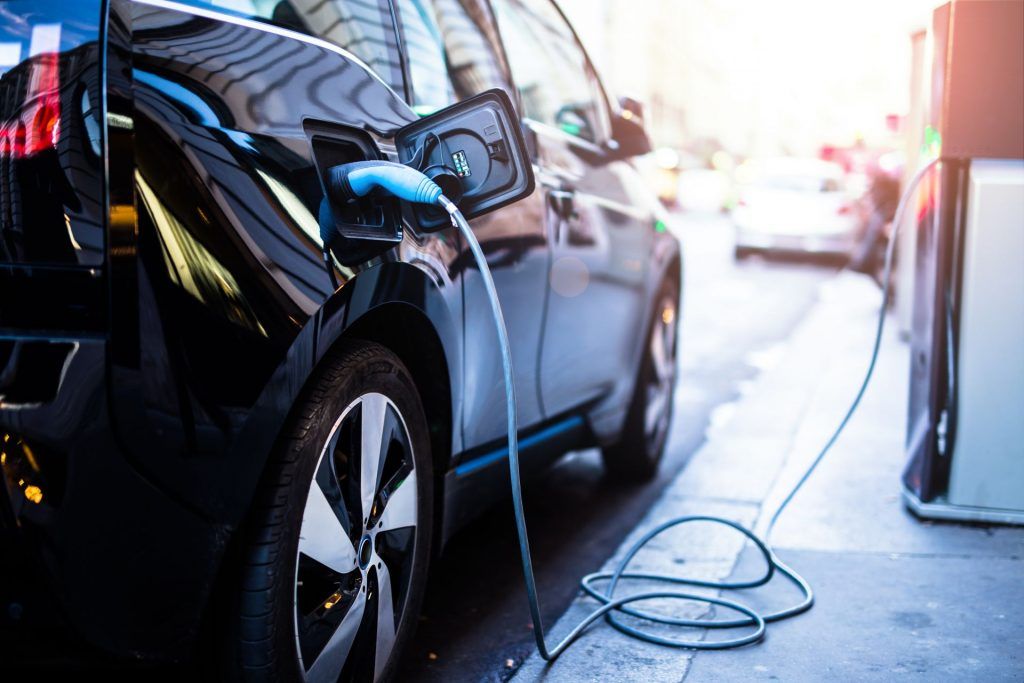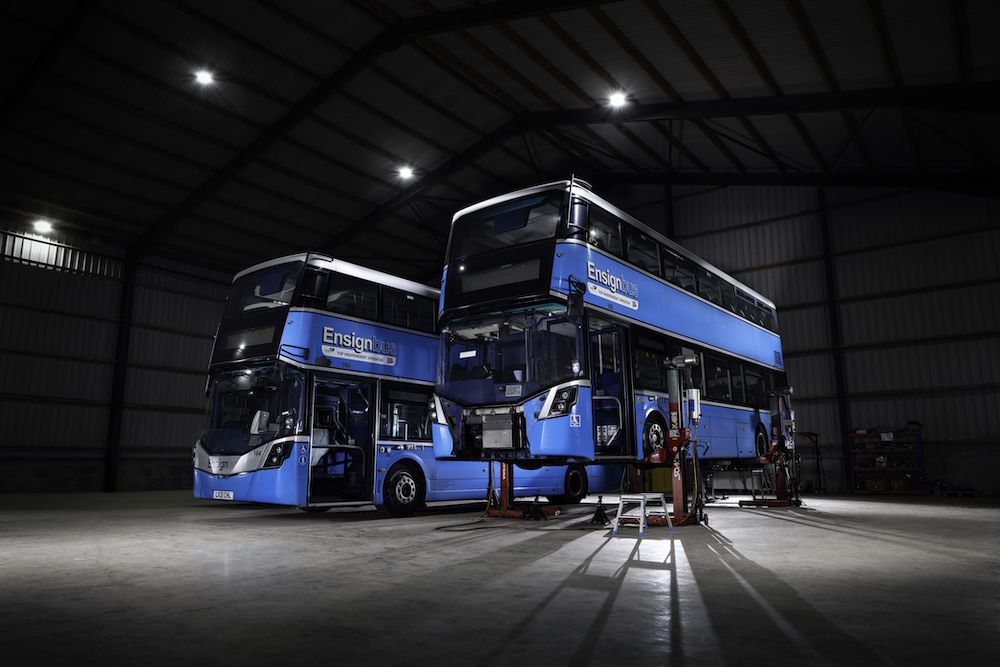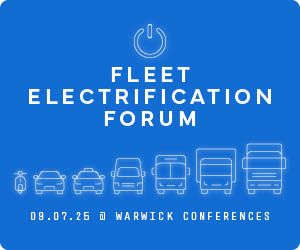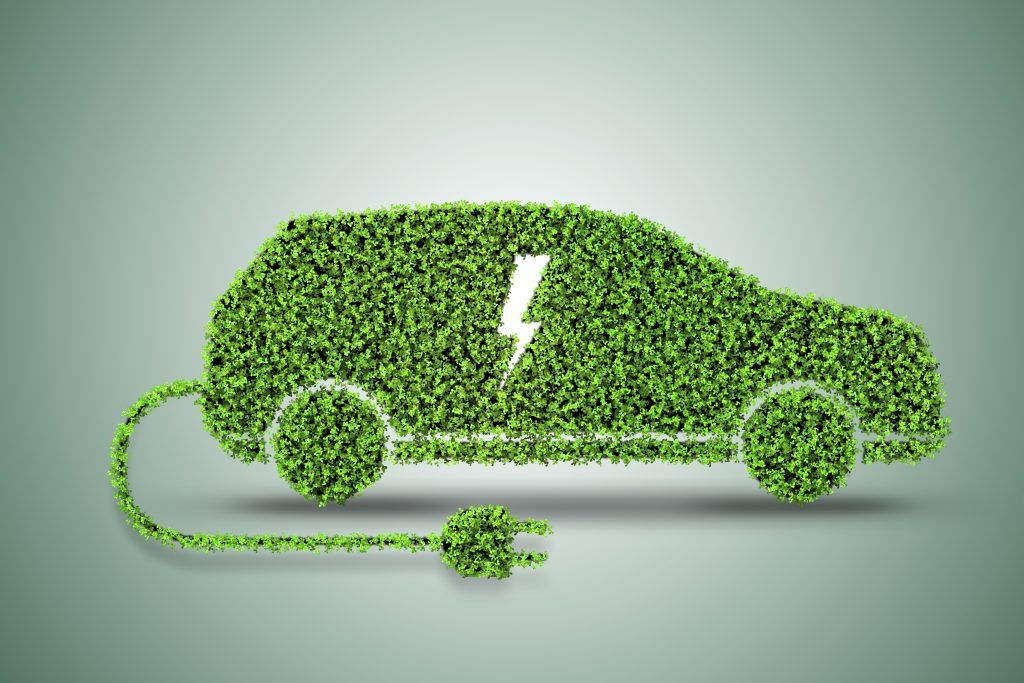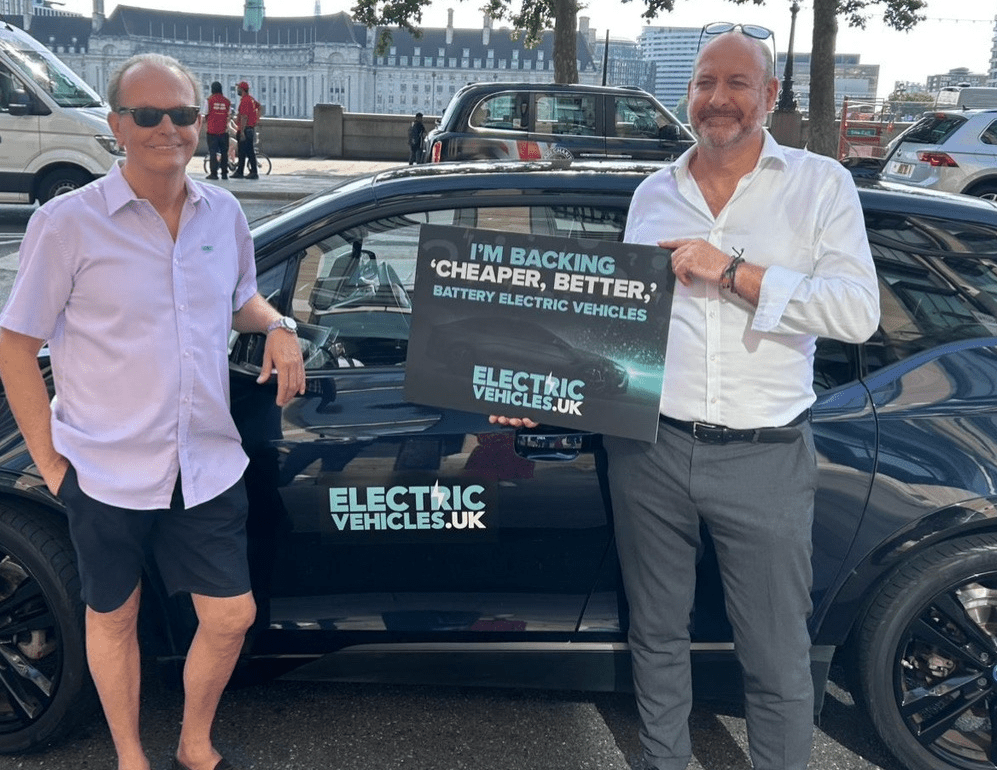Electric vehicle (EV) charging consultancy, Versinetic, has released a new report about the key barriers to EV charging infrastructure rollout at the London EV Show. It highlights the key shortages and industry conditions threatening the charging infrastructure necessary to support 2030 EV targets.
Versinetic focuses the report on charging and reveals how shortages in components, electric vehicle (EV) experts and skills are slowing progress.
The consultancy also reveals how the electricity grid, economic market forces, batteries, on-street charging and standards need to adapt to ensure a smooth roll out of the charging infrastructure necessary to support increased electric vehicles on the roads.
In Europe, car travel accounts for around 12% of all the continent’s carbon emissions. To keep in line with the Paris Agreement, emissions from cars and vans will need to drop by more than a third (37.5%) by 2030.
To that end, Brussels and individual member states are pouring millions into incentivising car owners to switch to electric. Some countries like the UK are going even further, proposing to ban sales of diesel and petrol vehicles.
Whilst the UK government expects most charging to take place at home, the Climate Change Committee suggests that 1,170 charge points will be required per 100km of road by 2030. It is estimated that at the current rate of growth only one quarter (76,849) of the public charging points needed to meet expected demand (325,000) will be installed by 2032.
To plug the gap, the government aims to build a globally recognised EV charging network, supported by £1.3 billion funding, covering costs for the strategic road network, homeowners, local authorities, and building owners, alongside regulatory changes.
Dunstan Power, Director of Versinetic, said: “Even with funding and enthusiasm, as part of the EV community, we have a hard job ahead of us, and only through innovation and collaboration, will we overcome these challenges.
“In this report, we investigate the key shortcomings that will affect the rollout of EVs and, in particular, charging infrastructure and how the public sector and industry are working together to ensure that we meet the 2030 deadline.”
Image: Shutterstock



